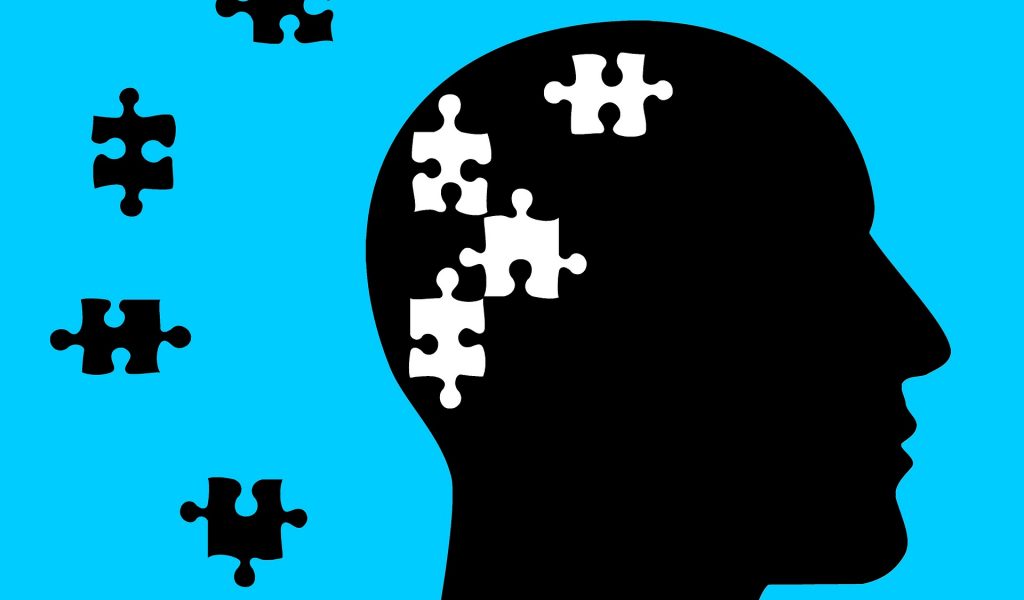Preventing Alzheimer’s might be simpler than you think

Madi Wharmby discusses Alzheimer’s, what the signs are and what people can do to help prevent the onset of this devastating disease.
The word “dementia” is a word often shrouded in anxiety and uncertainty as people begin to age. For many, the diagnosis of Alzheimer’s disease in a close relative or friend turns their whole world upside down. They grieve for someone who is still alive but who is slowly disappearing. They ‘miss’ their partner, parent, or grandparent even while they are spending every day caring for them, often giving up their job, passions and social life to do so. Previously solid relationships and personalities gradually, or sometimes even rapidly, begin to fade once this disease takes hold.
Dementia is the name for a group of symptoms that describe a progressive decline in brain function, of which Alzheimer’s disease is the most common cause. It affects thinking processes, memory recall and mental ability. The first signs are simply forgetting things, but it progresses into more serious self-care problems, speech and language issues, confusion and personality change.
Alzheimer’s is gloomily labelled as the disease with no cure. While this may sadly be true, a new hope may have emerged. Recent research claims that MCI (Mild Cognitive Impairment), which puts older adults at high risk of developing Alzheimer’s disease, can be combatted by video calling them several times a week. Mild Cognitive Impairment commonly causes difficulties in remembering or paying attention. For socially isolated elderly adults with MCI, having a 30-minute video call four times a week improved cognition, brain connectivity and happiness.
For socially isolated elderly adults with MCI, having a 30-minute video call four times a week improved cognition, brain connectivity and happiness
But why do video calls help fight MCI? Regular video calls mimic face to face contact and friendship, which is an important part of social contact that simply isn’t the same as hearing someone’s voice on the phone. Researchers have suggested that social isolation is connected to lower brain volume in areas associated with cognition- leading to shrinkage in these vital areas of the brain when not exercised by social contact. A large group of people across the UK, with an average age of 57, were followed for 12 years by researchers, while filling in surveys about their social contact, having MRI scans and memory tests. They discovered that people who were socially isolated were a shocking 26 per cent more likely to develop dementia than those who were not.
They discovered that people who were socially isolated were a shocking 26 per cent more likely to develop dementia than those who were not
It is important to remember that social isolation- having very little social contact- is not the same as loneliness- the internal feeling of being isolated from others. As we can see from the study, social isolation leads to lower cognition. Therefore, even if an older adult may not feel lonely, they are still at higher risk of developing dementia if they are spending the majority of their time alone.
Therefore, if you want to help someone at risk of developing Alzheimers, they can receive that vital face to face contact that they need partly through frequent video calls to keep the cognition alive in their brain. Doing this simple, small action could quite literally change their life.


